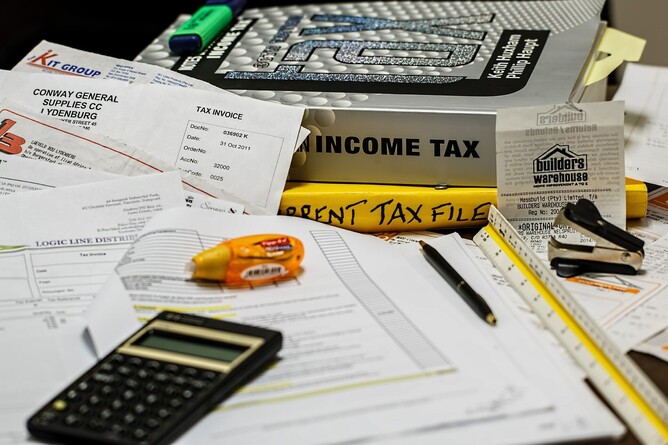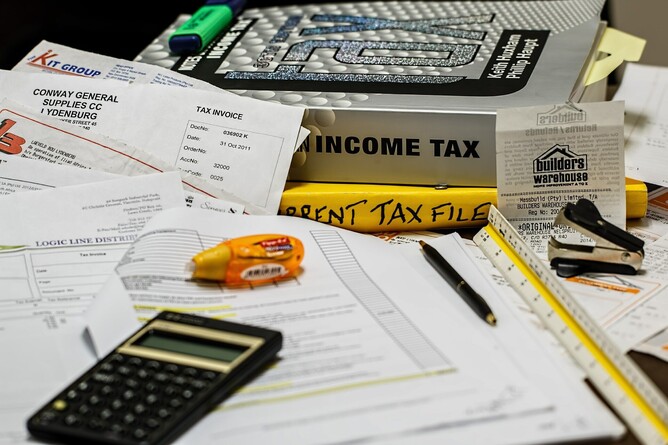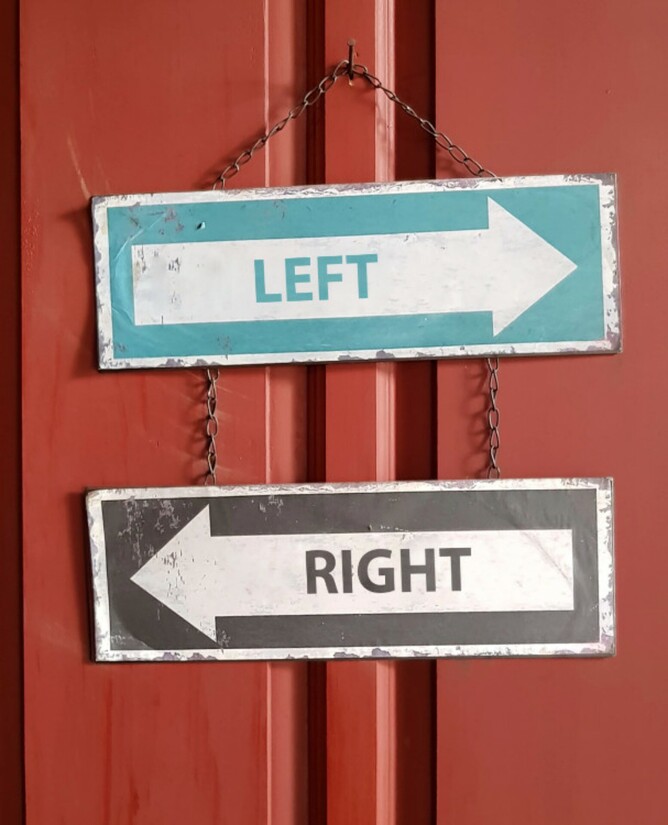Small business structure
When you are first looking at setting up your small business you will need to make a decision as to which structure you use to trade.
There are essentially 2 options: self-employed or running your own limited company.
The very first thing to understand is that there is a fundamental difference between being self-employed and being the director of a small limited company.
As a director of a limited company you are not self-employed for tax purposes.
You may feel like you are self-employed, you may look like you are self-employed and you will absolutely operate in a way that seems identical to someone who is self-employed - but you are an employee of your limited company.
It’s a subtle but important difference that really came to light for many during the coronavirus pandemic. During COVID-19 the financial support available to self-employed people was (generally) significantly more generous than that made available to the owner directors of small businesses.
During COVID-19 you may have seen coverage in the press regarding a group of individuals that became known as the ‘excluded’. This largely related to the owners of small limited companies who were excluded from financial support.
Limited company vs. self-employed
Typically a person who is self-employed will operate either as a sole trader or as part of a group of self-employed individuals called a partnership (although the partnership operates as a single entity, the partners are each individually self-employed).
The individual is the person who is trading. They are earning the money personally and they have to account for these earnings to HMRC by submitting a self assessment tax return each year.
They do not file any public accounts and the financial performance of the business is a matter for them, HMRC and their bank manager.
With a limited company it is the company that is trading not the individual. The company earns the money from its trade and it is the company that then accounts to HMRC each year through a Corporation Tax return.
The company also has to file its accounts with Companies House which are available to the general public.
The easiest way to think about this is to view the limited company as an individual tax payer in its own right. If you like, the company is the one that is self-employed, not the small business owner.
A director of a limited company then works for that company and is paid by it.
As a director of your own limited company you will also be, what is referred to, as a 'shareholder'. These are 2 different ‘people’ from a tax point of view - even if they are, in reality, exactly the same person!
The director runs and manages the limited company, the shareholder owns the limited company. A shareholder therefore does not also need to be a director but with small businesses they often are.
Confusingly, many owners of small limited companies also have to submit a self assessment tax return in the same way as a self-employed person. This will largely be to account for the money that they have earned from their limited company.
Income and tax
One of the reasons that people elect to set up their small business as a limited company is because they will usually pay less tax.
With a self-employed person, their earnings are quite simply the profit that they earn as a sole trader or the proportion of the profit that they are entitled to as a member of a partnership.
When it comes to operating as a limited company, the owner will typically be paid in 2 ways - as both a director and a shareholder.
As a director they will take a small salary (around £8,500 per year at the moment) and then take the majority of their earnings through something called dividends which relates to their role as a shareholder.
Due to the tax treatment of dividends less tax is paid when compared to the same amount of earnings being taken by someone who is self-employed.
Although this used to represent a considerable advantage, it has been repeatedly attacked in recent years and largely removed. Generally there will still be a benefit but it is important to check your personal position first.
It’s not just about the tax
Another serious consideration for the owners of small businesses when they are thinking about their trading structure is their personal liability.
A self-employed person is not able to limit their financial liability if something goes wrong.
If their business finds itself in financial difficulty or if they are subject to litigation, then they will be personally liable for any debts that the business cannot pay.
With a limited company the owner cannot generally be held personally liable for the business debts. Provided that the owners of a limited company do not allow the company to trade whilst it is insolvent or trade in any way fraudulently, they are protected and any money that the business cannot pay remains with the company only.
This is especially important for people who own their own house or have other personal assets that they wish to protect.
The trade off is that certain information that they may prefer to remain confidential needs to be registered with Companies House.
An important point here, however, is that this limited liability is unlikely to relate to any money that is owed to your bank. Generally a director will be required to provide a personal guarantee against any bank debt so if the business fails, the bank will still be able to ask the owner of the limited company to personally repay any loans or overdrafts.
So which structure is right for your small business?
The best one!
This may sound like a bit of a cop out but the reality is that the structure that is right for your small business is quite simply right for you.
Our top tip would be that you should never focus on just one aspect - if you do then you’ll probably make the wrong decision.
Getting the decision right the first time is infinitely easier and cheaper than trying to correct it later.
Speak to us, we’re happy to chat it all through with you.
Talk to us
If you would like clear, concise and easy to understand help and advice on any issues that you are concerned about then you can contact us on 01474 326224. Alternatively, visit the website tweet @atnpartnership or email info@atnpartnership.co.uk.





